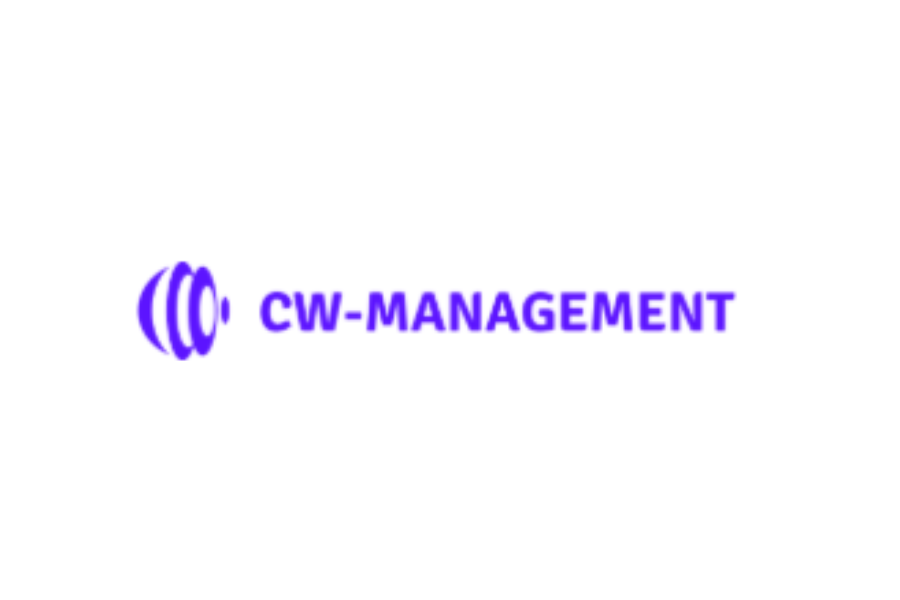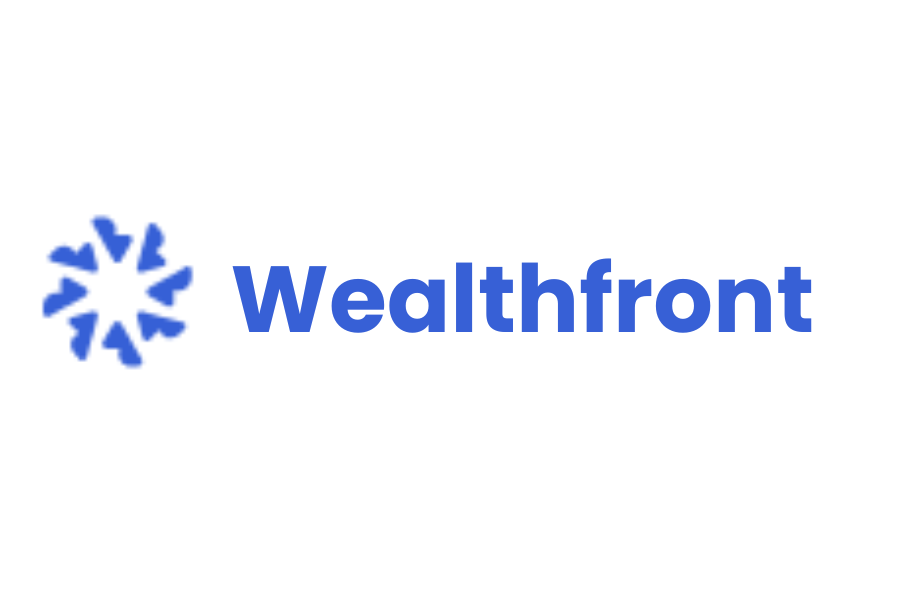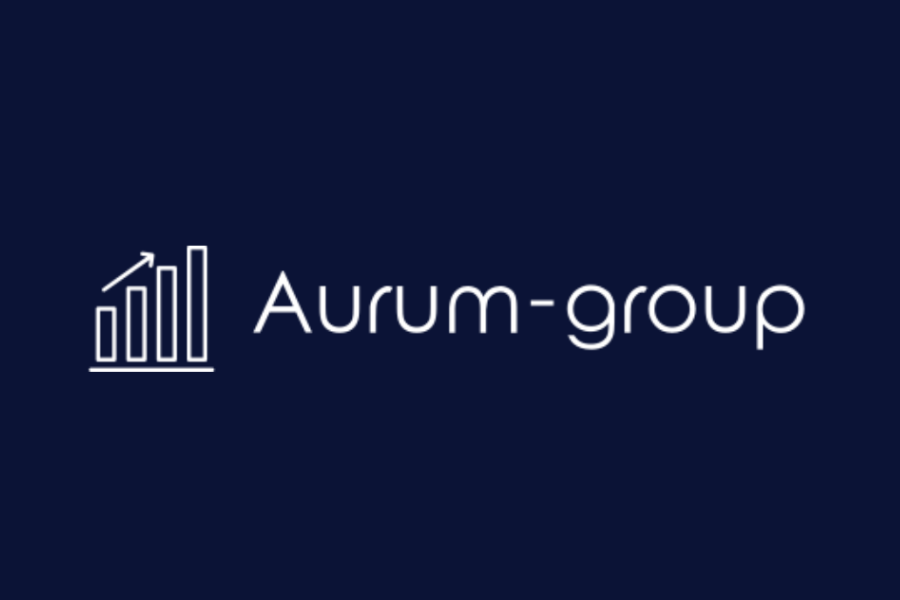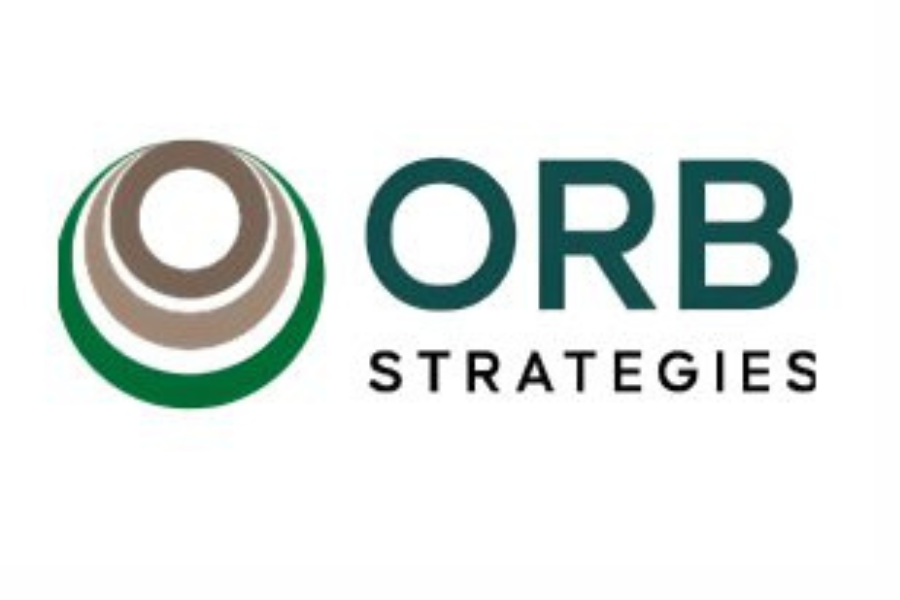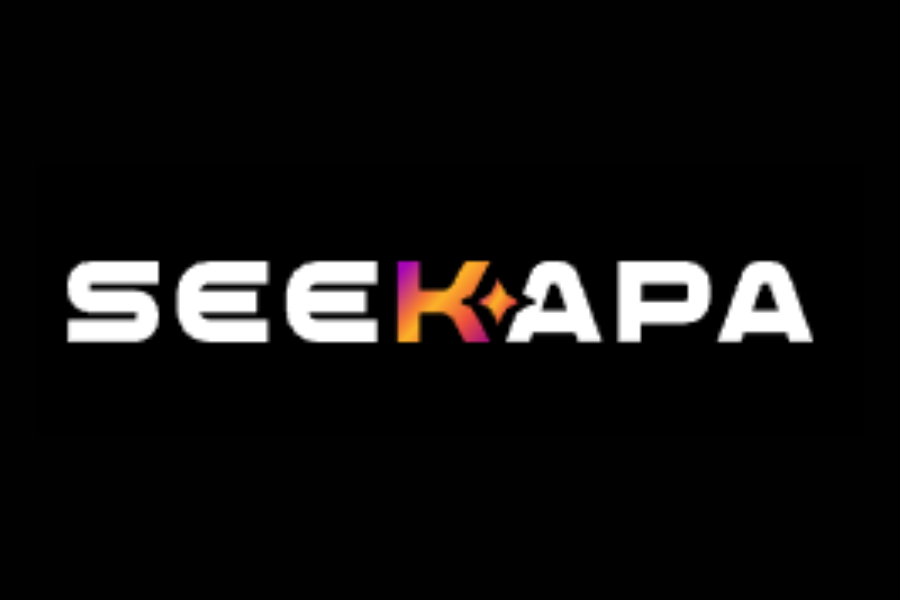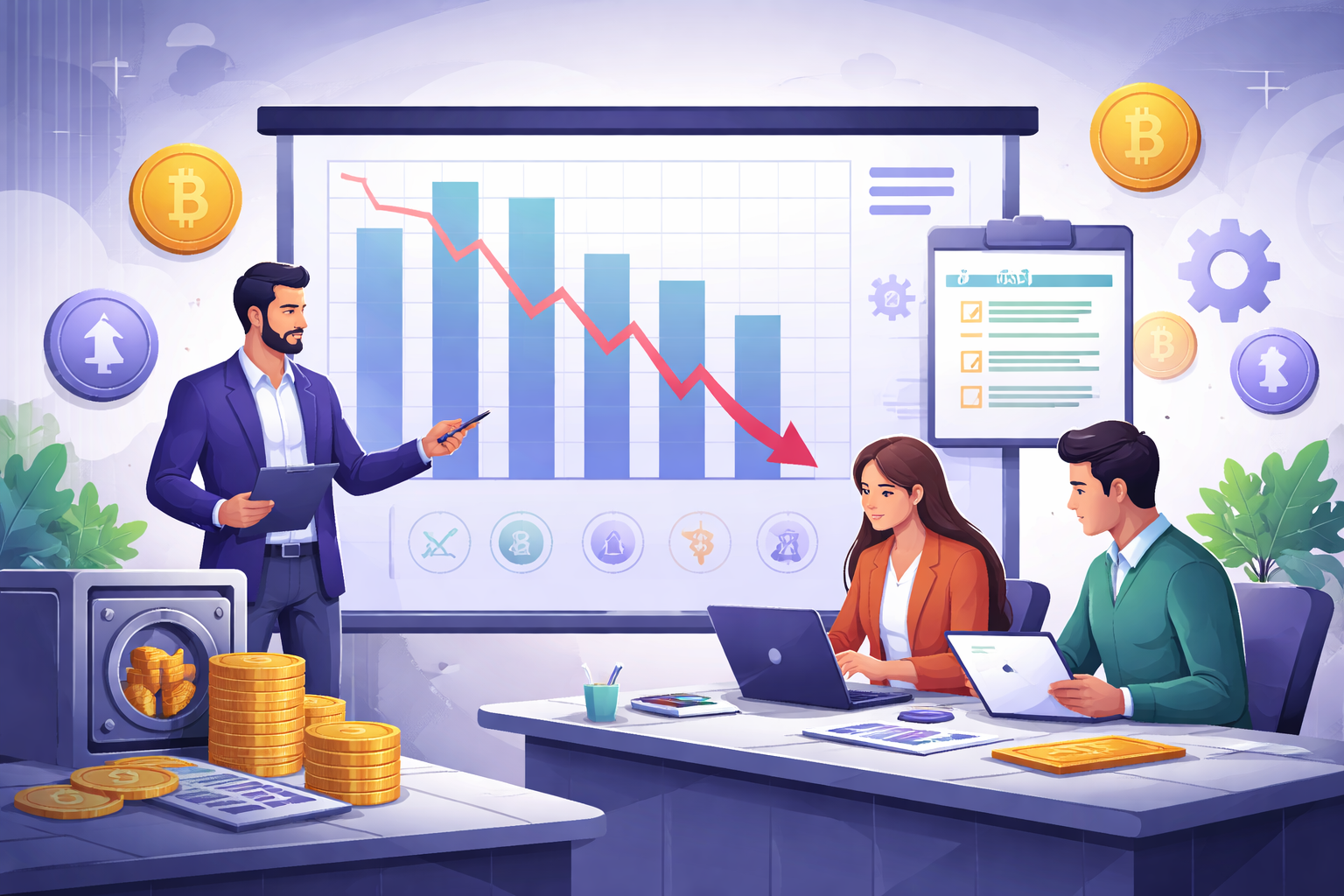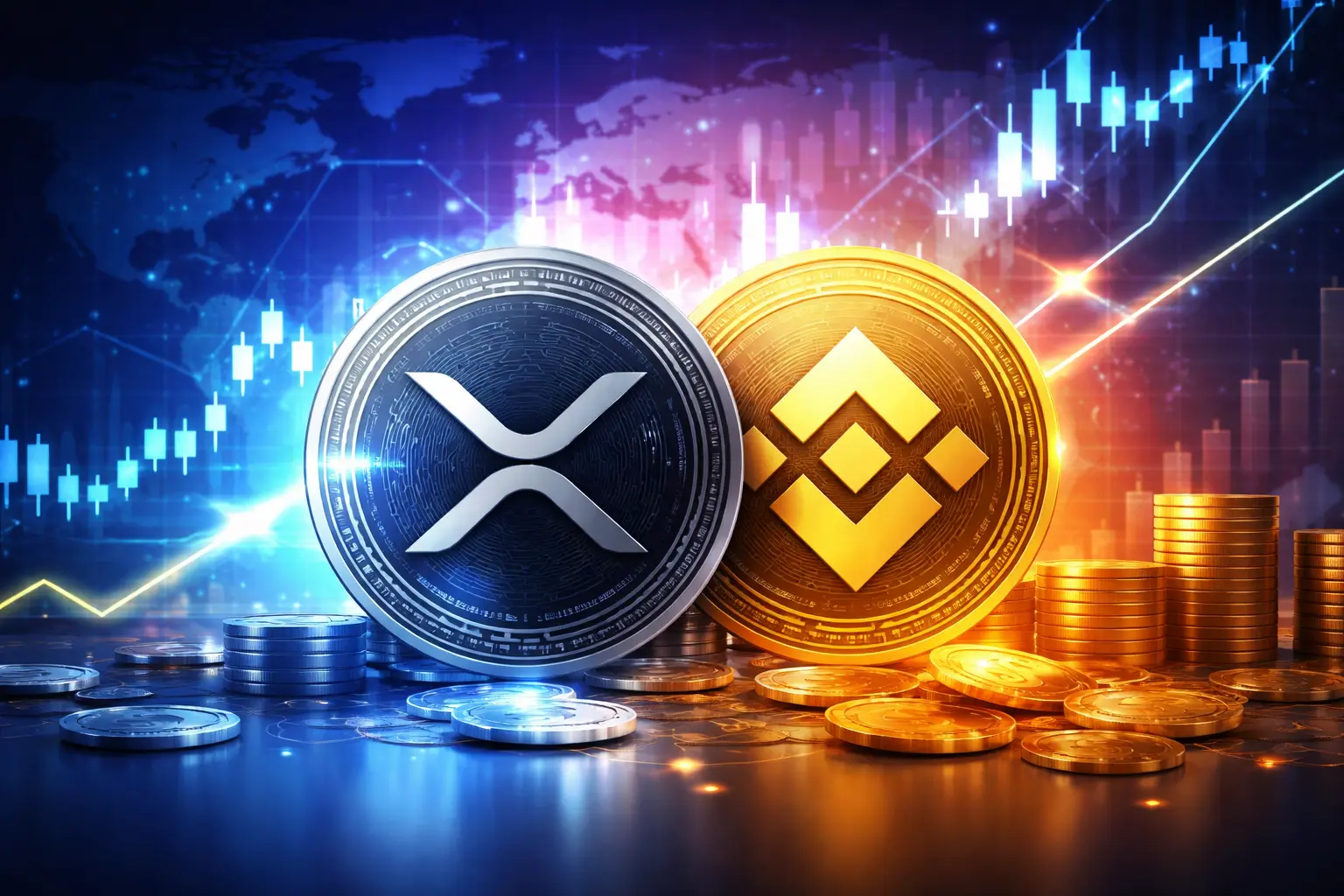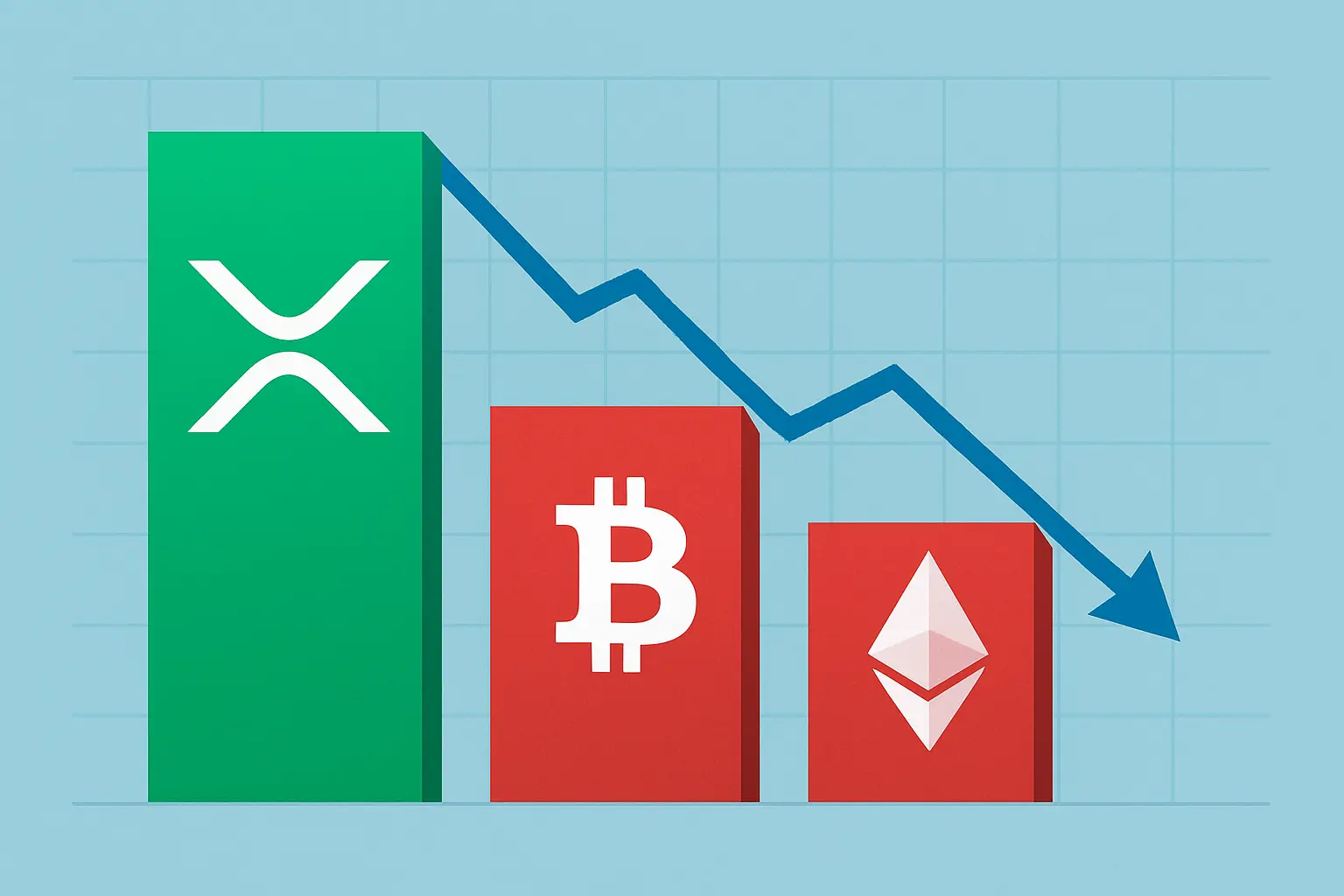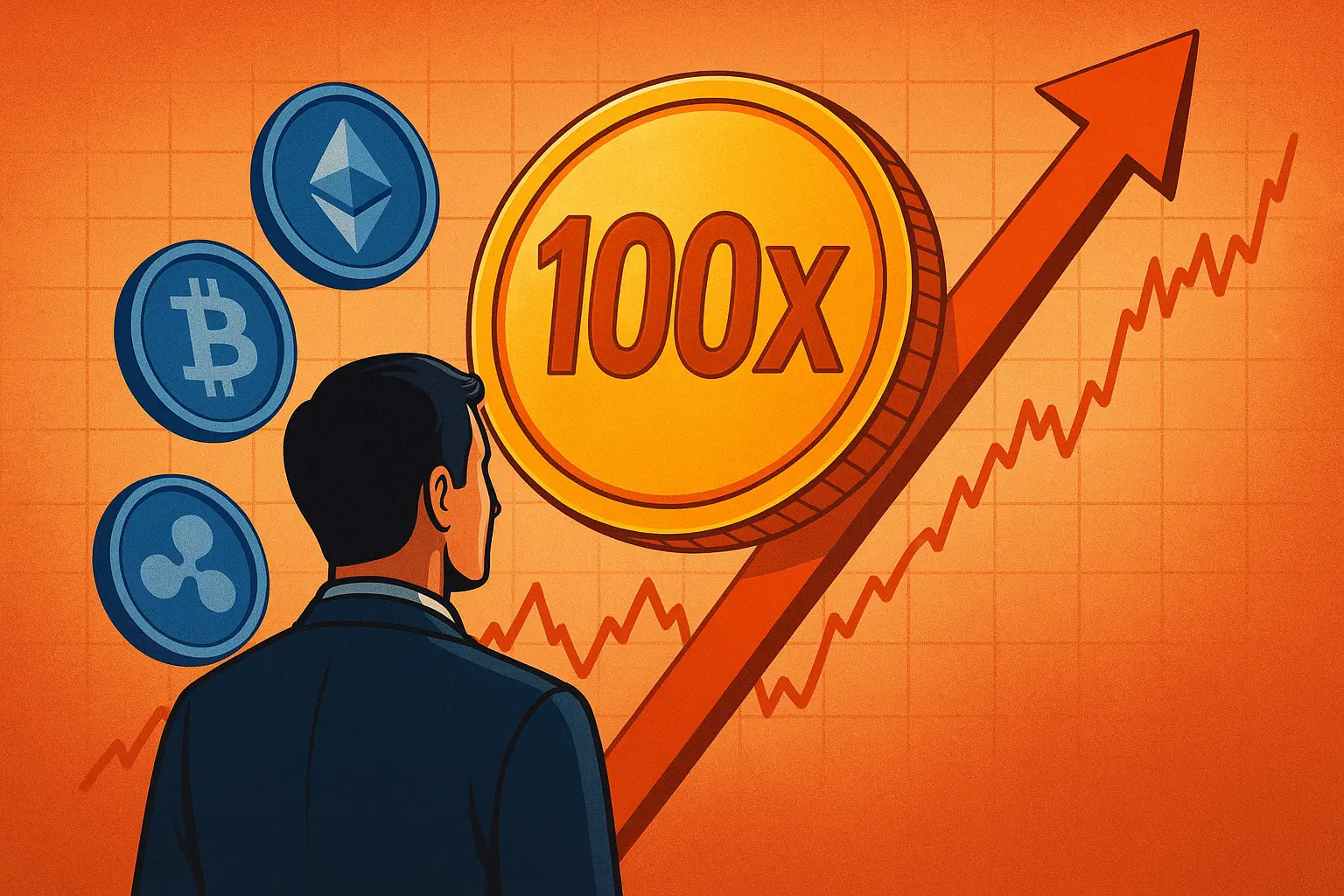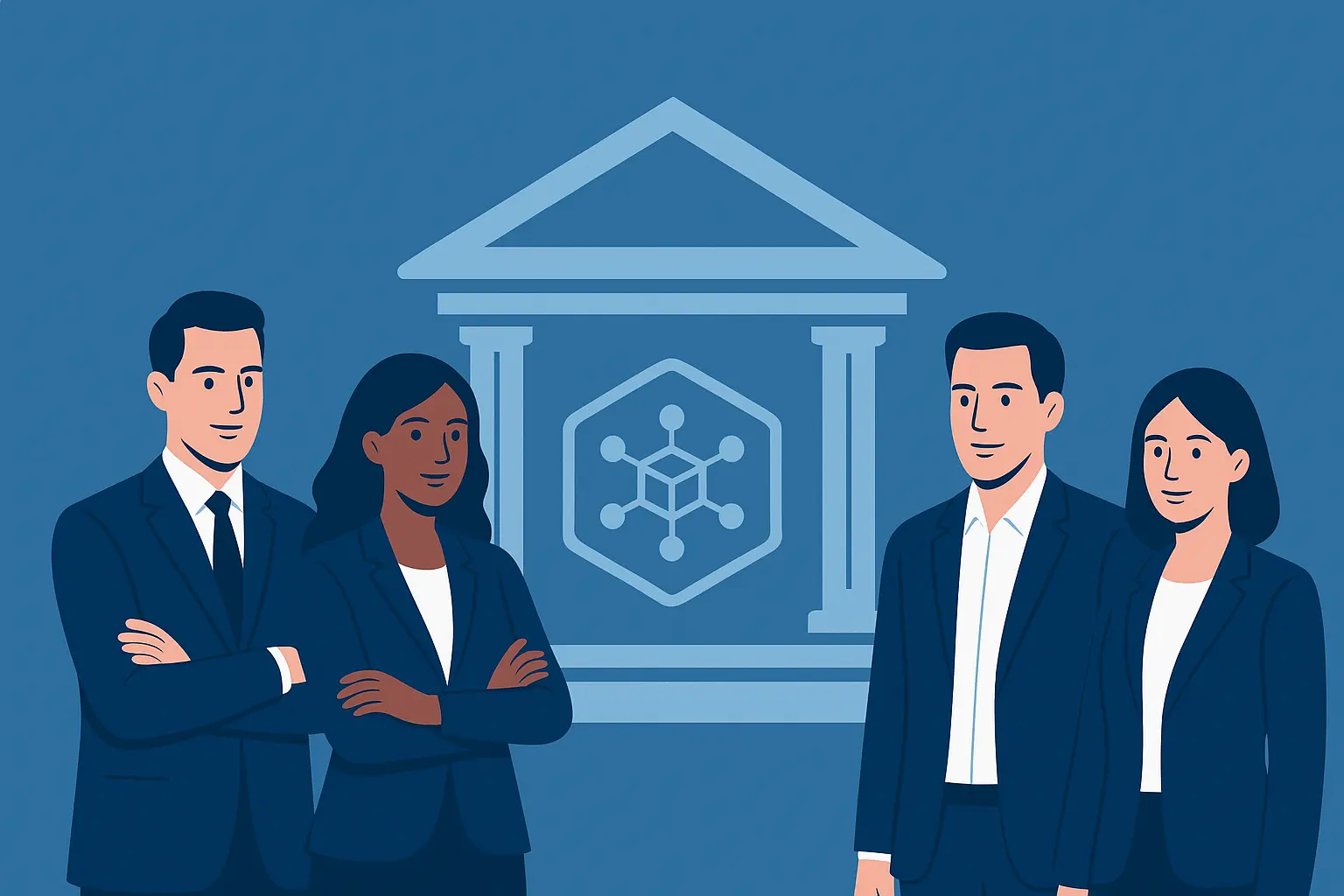Blockchain Technology
Exploring the World of Decentralized Autonomous Organizations (DAOs)
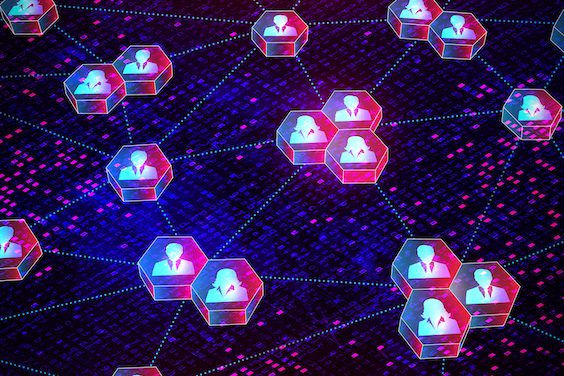
As blockchain technology continues to mature, one subniche that has garnered significant attention in recent years is Decentralized Autonomous Organizations (DAOs). These self-governing, community-driven entities are at the forefront of the movement towards Web 3.0, promising to revolutionize various aspects of our digital lives. In this post, we’ll delve into the world of DAOs, their features, and their potential impact.
What Are DAOs? A Decentralized Autonomous Organization is a smart contract-based organization governed by a set of rules encoded on the blockchain. DAOs operate autonomously, making decisions through consensus mechanisms, often relying on token-based voting systems. These entities can manage and allocate resources, execute transactions, and even make strategic decisions, all without the need for traditional centralized management.
Key Characteristics of DAOs:
- Transparency: DAOs are built on public blockchains, making their operations transparent and auditable by anyone. All transactions and decisions are recorded on the blockchain, ensuring accountability.
- Community Governance: DAOs are governed by their community members, who hold voting rights in proportion to the tokens they own. This democratic approach empowers participants to have a say in the organization’s future.
- Smart Contracts: The rules and functions of a DAO are executed through smart contracts, enabling automation and trustless operations. These smart contracts ensure that the DAO adheres to its predefined rules and cannot be manipulated.
- Token-Based Decision Making: Most DAOs employ token-based voting mechanisms, where token holders can propose and vote on proposals. The weight of a participant’s vote is often determined by the number of tokens they hold.
- Resource Management: DAOs can manage a variety of digital and financial resources. This can include assets like cryptocurrencies, NFTs, and even control over other smart contracts.
Use Cases and Applications:
- Decentralized Finance (DeFi): DAOs play a crucial role in the DeFi sector, governing various protocols, liquidity pools, and lending platforms. Examples include MakerDAO, which manages the stablecoin DAI, and Compound, a lending and borrowing protocol.
- Content Creation and Ownership: DAOs are emerging as a solution for content creators seeking fair compensation for their work. They enable creators to maintain control over their content and receive direct payments from supporters, bypassing traditional platforms and intermediaries.
- Collective Decision-Making: Communities can utilize DAOs to make collective decisions, such as fund allocation, project development, and governance in a decentralized manner. Aragon, for instance, offers tools for creating DAOs with various governance structures.
- Decentralized Autonomous Organizations as Investments: Some DAOs serve as investment vehicles, allowing members to collectively manage a portfolio of assets, including cryptocurrencies, NFTs, and traditional investments. These entities often issue tokens representing ownership in the assets held.
- Governance of NFT Platforms: NFT marketplaces like Rarible and OpenSea are exploring DAO governance models to involve NFT creators and collectors in decision-making processes, shaping the direction of the platforms.
Challenges and Considerations:
- Security and Code Vulnerabilities: Smart contract vulnerabilities can lead to exploits, resulting in financial losses. Ensuring rigorous code audits and security measures is paramount.
- Regulatory Uncertainty: The decentralized nature of DAOs challenges traditional regulatory frameworks, creating a need for clearer guidelines and standards in this evolving space.
- Participation and Engagement: Encouraging active participation in DAOs can be challenging. Token holders may not always take an interest in decision-making, leading to centralization of power in the hands of a few.
- Code is Law: The “code is law” principle means that decisions made by DAOs are irreversible. In cases of contentious proposals or unforeseen circumstances, this can lead to disputes and disagreements.
In conclusion, Decentralized Autonomous Organizations are a remarkable subniche within the blockchain space, representing a significant step towards Web 3.0. These entities are redefining the way we collaborate, govern, and manage resources in a decentralized and trustless manner. While DAOs offer enormous potential, they also face challenges that need to be addressed to ensure their long-term success and sustainability. As this technology continues to evolve, it’s clear that DAOs will remain a focal point of innovation in the blockchain industry, with far-reaching implications for various sectors of the digital economy.


